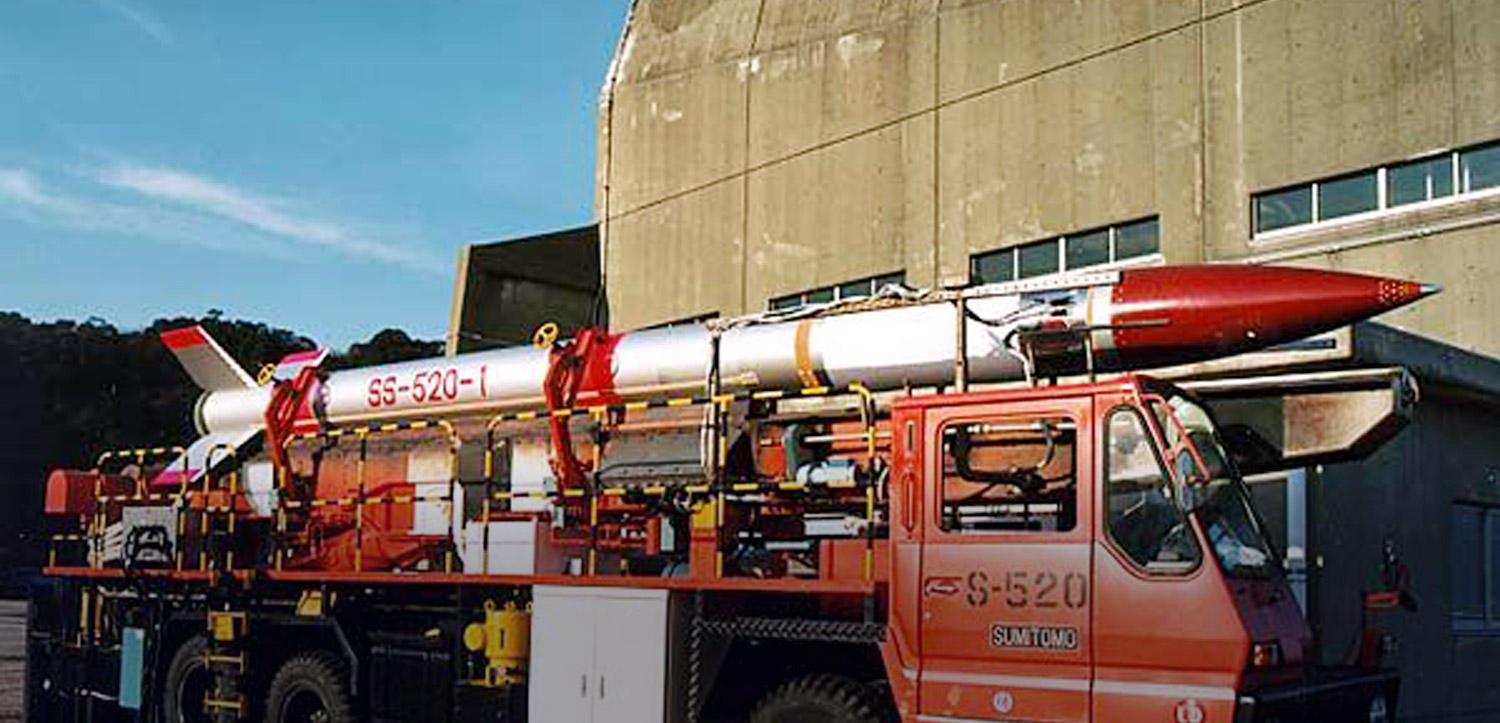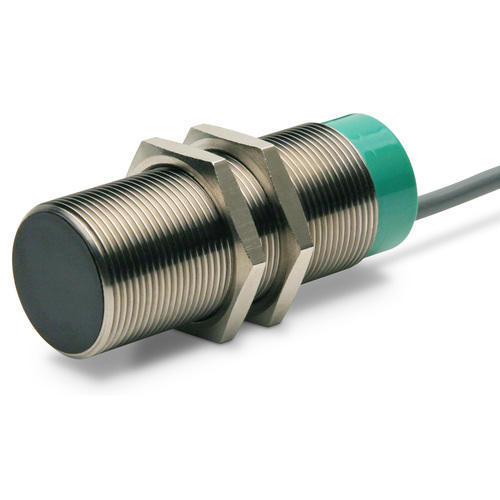
Japan’s Smallest-Ever Rocket Launch Mission Fails Due to Communication Error
The Japan Aerospace Exploration Agency (JAXA)’s attempt to launch the smallest-ever rockets over this weekend ended up with a ruinous failure, leaving the Japanese space agency upset. Japan’s experimental rocket called ‘SS-520-4 rocket’, which was scheduled to take wings on 15th January, Sunday falls flat due to communication malfunction. The rocket which was intended to transmit the smallest-ever space probe of the world – TRICOM-1 microsatellite into orbit, was unable to soar to the skies. It was the first attempt of JAXA to put the tiniest rocket on trial.
The three-stage launch booster, named as SS-520-4, was touted to hold the size of a telephone pole. It was programmed to take off from Japan’s Uchinoura Space Center at 8:33 a.m. Japan Time on 15th January (6:33 p.m. EST or 2333 GMT). But because of the communications breakdown, JAXA flight controllers were forced to call off the ignition of the rocket, in its second stage. 31-seconds after the first stage concluded, the malfunction occurred, forcing the mission controllers to call the mission a halt.
The SS-520-4 was a customized sounding launch booster, which was initially designed to transmit a payload into sub-orbital trajectories. As per the updates, given by JAXA, the tiniest rocket was 9.5-meter or 32-foot in mass and was carrying a micro-satellite to place it into orbit. The height of the microsatellite was 35 centimeters or 13 inches and weight was 3 kg (6.6 lbs.). After the first-stage of the rocket took off to the skies, the malfunction in the communication system occurred, which forced the flight controllers to abandon the mission in the second phase.
The mission of launching the smallest-ever satellite was previously scheduled to take wings last week. But because of unsuitable weather, JAXA delayed the mission and re-programmed it for 15th January. The rocket was intended to commercialize the Japanese space agency as private companies are now looking for cheaper options to put satellites into orbit. The failed mission was worth of $3.5 million and was sponsored by Japan’s Ministry of Economy, Trade, and Industry,
Commenting on this matter, JAXA public relations officer Takayuki Tomobe said, “This was a small hindrance, while we expected some bigger obstructions. However, once our mission succeeds, the space industry will see a cheaper, faster, and easier potential for rocket launches.”


